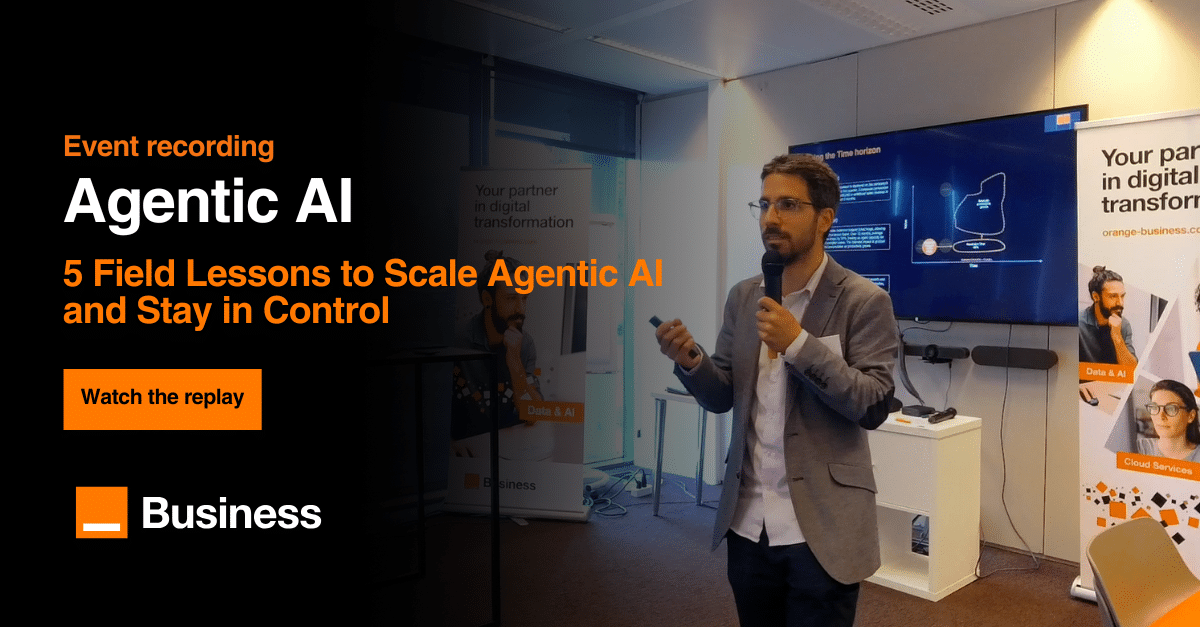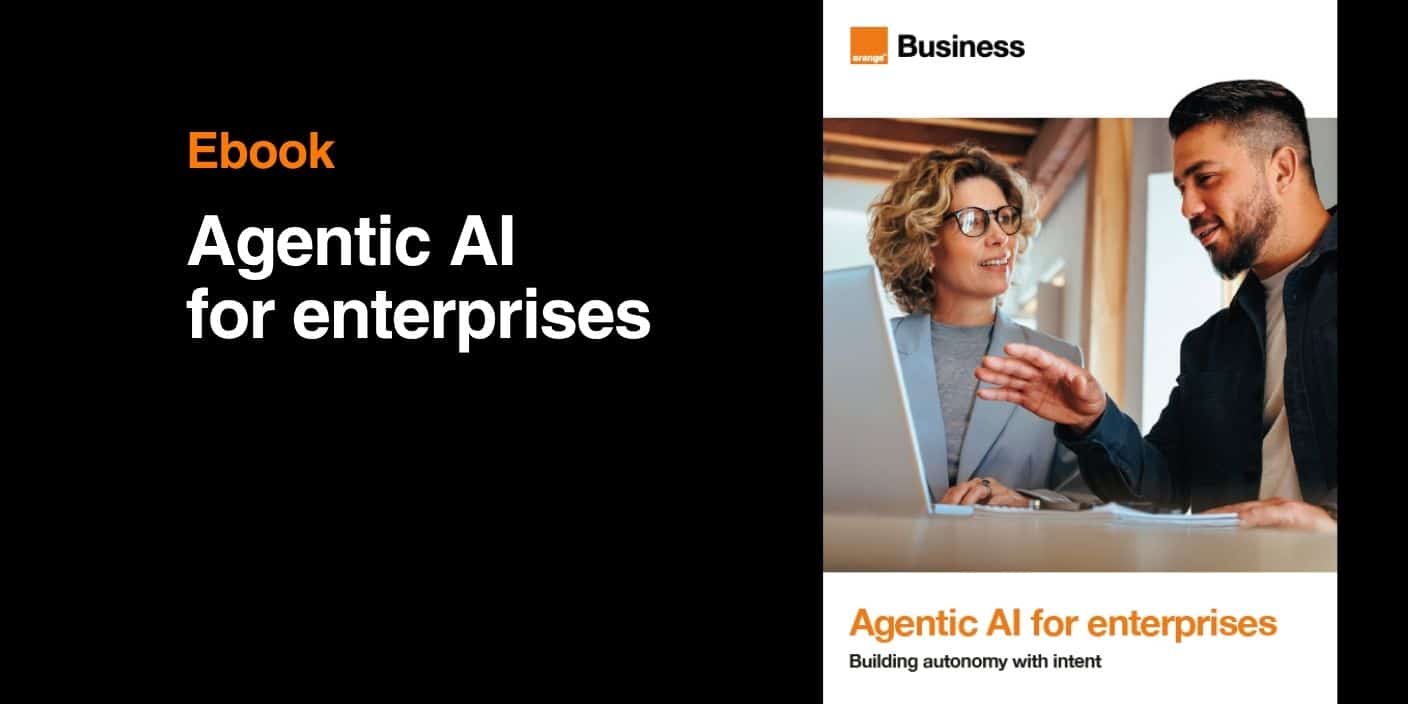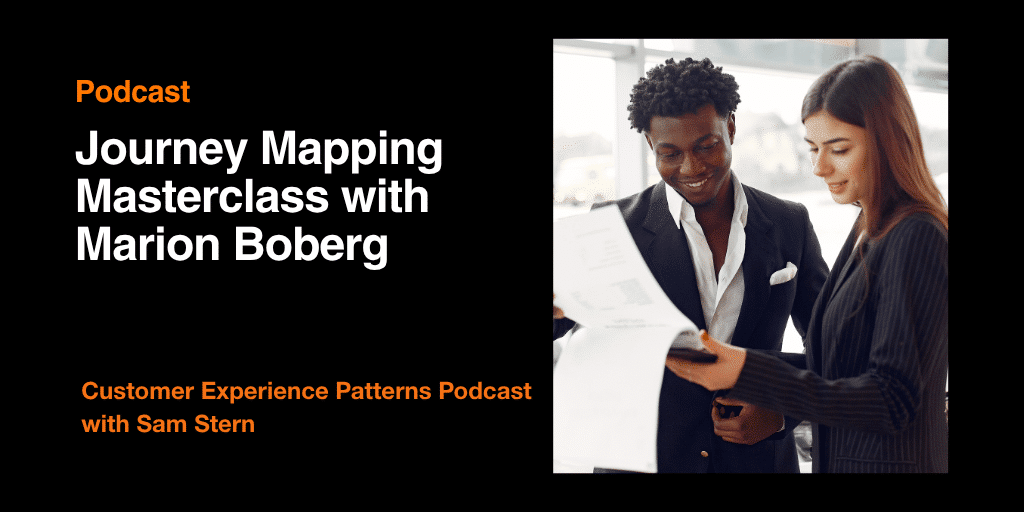The training field is no exception to market trends: companies want to analyse their learning data – in other words, they want to do Learning Analytics! In this article, you will discover why it makes sense to integrate relevant data into your training strategy. I will also share the opportunities that come from leveraging this data and the benefits it can bring both to learners and to the business. If you believe we can go much further in the field of skills and learning, then we share the same vision!
Learning Analytics is precisely about meeting this need to evolve how we look at learning paths, by taking into account the individuality of each employee in their learning journey. It is a structured approach that allows us to rethink user pathways and, above all, to make use of them so they can evolve and be adapted to actual needs.

What are the core technologies behind generative AI?
See moreWhy can’t you collect more details?
You can – but only if you plan ahead to capture this valuable information early on, when designing your training journeys.
It comes down to anticipating by creating shorter, more varied activities, with finer and more numerous learning modules, in order to trace usage and learning – like a Jiminy Cricket sitting on the learner’s shoulder.
A well-structured training course, supported by the right tools, will make it possible to insert checkpoints along the way and generate meaningful data.
Lack of time or insufficient training for content creators can also be an obstacle. Designing training and putting it into practice are two different things, and it can be frustrating to stop at uploading a PDF when the ambition was to go much further. After all, aside from knowing the document was opened, no other useful information is captured. A structured course with the right tools, on the other hand, allows you to insert checkpoints throughout the content and generate valuable data.
The ambitions can be high:
- Analyse the relevance of content from the learner’s perspective (number of clicks, likes, etc.).
- Adapt training progressively based on learner choices.
- Collect learners’ questions and comments as they go, and enrich the FAQ.
- Track which links, supplementary documents and glossaries are most frequently consulted.
- Validate skills acquisition in a more granular way across learning pathways.
Learning to vary content, multiply interactions and design journeys with the learning process in mind are the foundations for collecting rich data and building adapted pedagogy. Of course, adding in-person sessions, tutoring and other synchronous activities provides further opportunities to enrich your data capture.
And then what?
Once everything is in place – the content is engaging, rich, playful and enjoyable for learners (yes 😉) – you can start thinking about indicators, building dashboards and even integrating Artificial Intelligence.
Data analysis can also help identify skills revealed during training, take them into account and suggest career directions accordingly.
By combining information (training data / organisational data / skills framework), while strictly complying with applicable regulations, you can go much further: analyse the strengths of a team or department, anticipate how roles will evolve through the acquisition of skills aligned with employee profiles, and foster engagement among staff. Training then becomes a powerful lever for workforce planning and skills management.
These analyses can also highlight emerging skills developed through training, incorporate them, and use them to guide future career paths. Such use cases apply just as much in educational settings as they do in businesses. Careers are lengthening, career paths may evolve, and organisations are expected to help employees navigate these changes.
Our role is to support you through each step, offering all or part of this model to your learning populations: an LMS platform, well-designed content, trainers and content creators trained on tools and platforms and sensitized to the pedagogical-analytics approach, customized dashboards for learners and instructors – all underpinned by a human-centred approach and tailored support. To learn more or to discuss one of your challenges, feel free to contact us!














Comments (0)
Your email address is only used by Business & Decision, the controller, to process your request and to send any Business & Decision communication related to your request only. Learn more about managing your data and your rights.